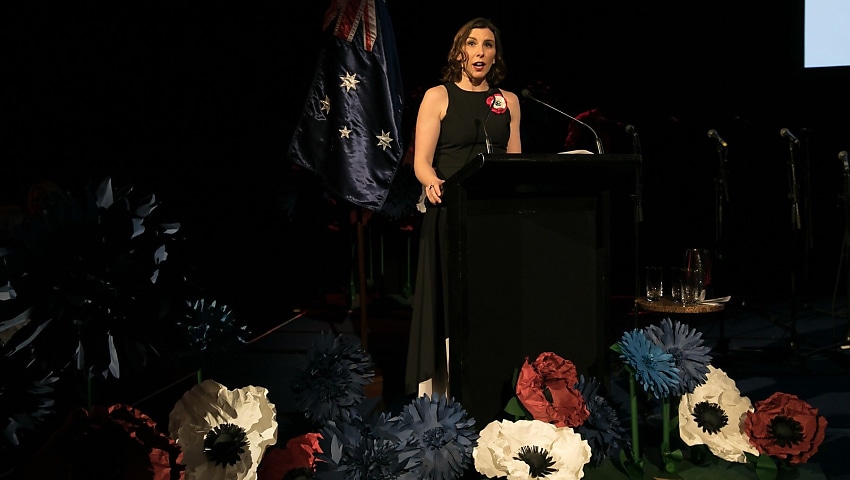Over countless hours of hearings, witness statements, and phone enquiries, the Royal Commission into Defence and Veteran Suicide has heard evidence crucial to the future of Australia’s veteran community. Throughout this process, there has been a recurring theme – the lives of veteran families are full of unique experiences, opportunities, and challenges which differ from the broader population. It has highlighted the important role that defence and veteran families play for our nation, which is, too often hidden, from view.
Australia isn’t a secure and prosperous nation just because we’re lucky – it is partly because of what our defence forces do every day to protect Australia’s interests. Australian veterans are responsible for maintaining Australia’s strategic interests and protecting Australian assets, citizens, democracy, and culture. They do this each day without question because it is who they are and what they do.
But with this service comes a financial and a human cost, borne by our veterans and their families. Without people willingly putting on the uniform – and their families supporting them to do so – the freedoms and prosperity that most Australians enjoy wouldn’t be as readily accessible.
The Australian government, together with the Department of Defence, has set important strategic priorities to secure the peace and security Australia currently enjoys. One is an enormous increase in the size of the Australian Defence Force, with a target that seeks to almost double the personnel who wear Australia’s uniform. However, that target is unlikely to be reached without doing more to support the families of our Defence Force.
We thank our veterans for their service, but rarely show their families the same gratitude – a serious and ongoing mistake, given data from successive defence censuses and family surveys show the main reason personnel choose to leave the ADF is because of the impact of their service on their family.
As the royal commission has clearly highlighted, families are critical to a soldier’s decision to join and remain in the armed forces, as well as the decision of when to return to civilian life. Families care for veterans if they become unwell due to their service, and are the ones left behind and left out when a veteran passes away.
However, in Australia, only a small segment of the veteran family community that meets a specific set of criteria is provided for within the veteran system. Existing support services are limited and do not properly recognise the role a family plays, the burdens they bear, and the impacts they face from the unique nature of military service. Yet, the system expects many more Australian families to take on this burden to enable a larger ADF.
So, why are families struggling to be supported, engaged, and meaningfully recognised? Evidence provided to the commission by the Veteran Family Advocate Commissioner points to a lack of political and bureaucratic will and systemic underfunding. This needs to change.
That said – this is not just the federal government’s problem to solve. It is incumbent on the entire veteran system to unite, guided by the royal commission, and find better solutions together.
Creating a better system for veteran families is a long-term endeavour, but we can make some swift decisions to recognise our veteran families and create lasting change for the better of our country.
This could start with:
• Recognising, engaging and supporting families by ensuring they are covered by the veteran legislative framework, removing privacy barriers prohibiting effective communication and engagement, establishing engagement and advocacy frameworks for veteran families, ensuring mental health care needs are supported and provided for and providing funding lines for the development of family-specific programming and wellbeing advocacy.
• Creating suicide-safe communities by increasing the suicide literacy of the whole support ecosystem and capturing, reporting, and reviewing suicide-related data to monitor the system.
• Ensuring the recommendations of this commission are implemented through the establishment of an ongoing implementation body.
• Ensuring the community sector has the capability and trust of the government, veterans, and families alike through the establishment of a peak body for the sector.
The families of veterans experience the costs of maintaining Australia’s peace, security, and way of life firsthand. Their hidden service starts the moment their loved one completes one day’s service – becoming a veteran – and continues long after that service ends. Our system needs to change to ensure that no family is left behind in the wake of the royal Commission, and it needs to change now.
Renee Wilson is the chief executive officer of Australian War Widows NSW


